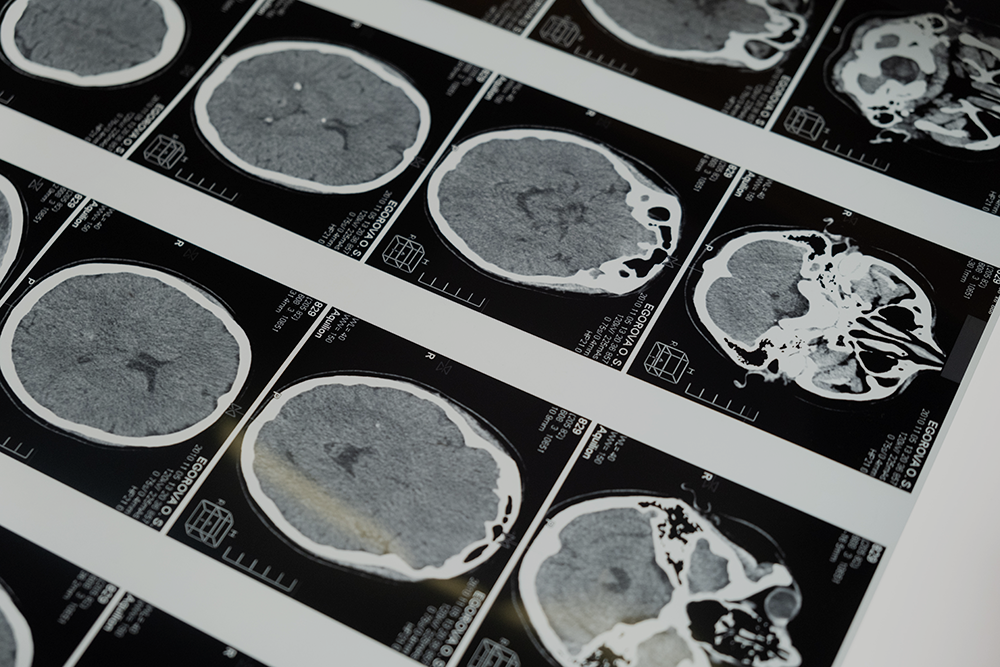
Emerging research has discovered a concerning impact of a high-fat diet on cognitive health. A groundbreaking study by neuroscientists at the University of South Australia unveiled a definitive correlation between such diets and the onset of mental health disorders like depression, anxiety, and the exacerbation of Alzheimer’s and dementia in mice. This study also highlighted that subjects with diminished cognitive abilities tended to make poorer health decisions, negatively impacting their metabolism due to these cerebral changes. Understanding the intricate connection between diet, cognitive function, and overall brain health is thus critical.
The Intricate Relationship Between Obesity and Cognitive Function
A comprehensive study in the UK involving approximately 12,000 individuals aged between 45 and 76, with diverse BMI, waist-to-hip ratios, and total fat mass measurements, conducted brain imaging tests to explore this relationship further. The findings were significant – those with higher BMI exhibited distinct brain scans compared to their counterparts with 'healthy' BMI levels.
The crux of these findings was the discovery of how obesity, particularly excessive body fat, led to a reduction in brain gray matter. Gray matter, forming the brain's outer layer, is essential for processing information and is integral to functions like motor control, memory, and emotional regulation. A decrease in gray matter could precipitate cognitive disorders, memory loss, and motor skill decline.
Moreover, the study also established a connection between obesity and the brain's white matter, which is crucial for learning. Notably, this relationship appeared more pronounced in men than women, with obese men more likely to experience reductions in both gray and white matter, whereas women primarily showed reductions in white matter.
Despite these insights, the exact mechanisms underlying the link between brain volume and obesity remain elusive. There is a prevailing theory that increased body fat leads to inflammation, adversely affecting brain tissue and neuron health, thereby impacting cognitive functions. Nevertheless, it remains unclear whether obesity directly alters the brain or if individuals with lower gray matter volumes are inherently more prone to obesity.

The Impact of a High-Fat Diet on Cognitive Health
Understanding obesity’s effect on brain structure allows us to draw parallels between a high-fat diet and cognitive decline. Many individuals struggling with overweight or obesity often consume diets high in fats, contributing to their condition. The UniSA-led international study found that mice on a high-fat diet showed increased body fat percentages and higher glucose levels.
Elevated blood sugar levels over extended periods can lead to insulin resistance, potentially causing diabetes. Diabetes, in turn, can impair the central nervous system, exacerbating psychiatric disorders and cognitive decline, as indicated in the study and highlighted by Associate Professor Larisa Bobrovskaya.
Further research supports the notion that a high-fat diet can diminish cognitive function, specifically raising the risk of dementia. Epidemiological studies in humans have demonstrated that diets rich in omega-6 and saturated fats correlate with poorer performance in cognitive tasks.
The exact cause of this cognitive impairment remains to be fully understood. However, it is believed to be a result of various factors, including oxidative stress, insulin resistance, inflammation in the brain and hippocampus, reduced vascularization, and altered membrane functioning.
Preventive Measures Against Cognitive Decline
Despite the grim outlook, there is a silver lining. While a high-fat diet can detrimentally affect cognitive functions, adopting a low-fat diet can help prevent or slow the deterioration of cognitive abilities. This is particularly pertinent for older individuals, who are at a heightened risk of developing conditions like dementia and Alzheimer’s.
In summary, the evidence increasingly suggests that our dietary choices significantly influence not just our physical health but also our cognitive well-being. Adopting healthier eating habits, especially as we age, could be a crucial step in preserving our mental acuity and protecting against cognitive decline. This knowledge empowers us to make informed choices about our diet and lifestyle, prioritizing both physical and mental health for a more balanced and healthy life.












